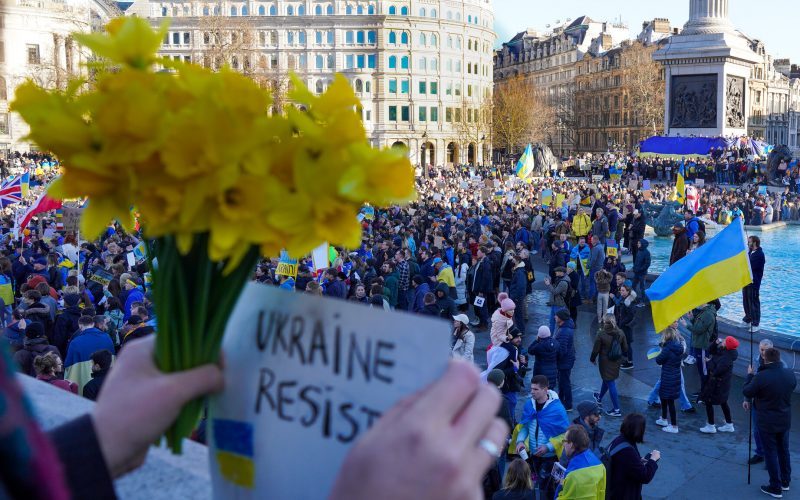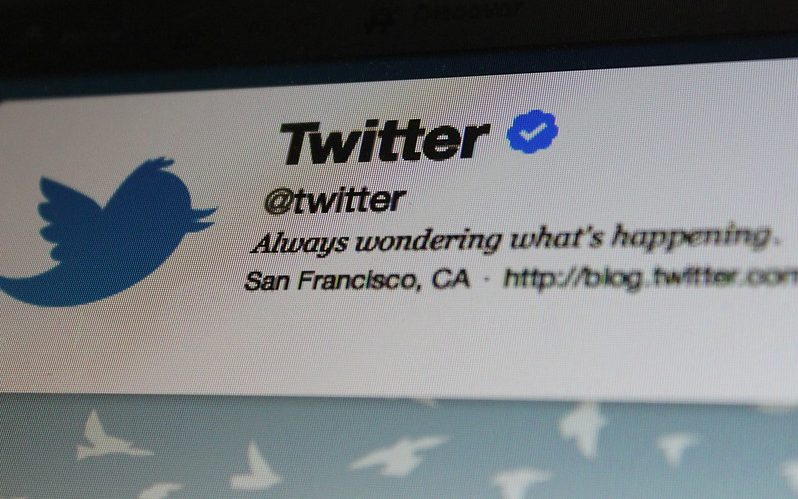
Weekly Newsbriefing #2
Ukraine On Monday, two top officials, secretary of state Antony Blinken and defence secretary Lloyd J. Austin, went to Kyiv to meet with Ukrainian president…

Using Social Media to Value Public Science
Since scientific knowledge doesn’t become depleted when shared, and once published in the public domain it is available to be accessed by anyone, it can be characterized as public goods. CERN, as a large-scale multinational scientific establishment, presents an ideal example to study the public value of scientific output. The study summarized below, published by researchers at the University Santiago de Compostela as part of the Science Policy Reports book series, constructs the perception of the public towards scientific activities at CERN by analyzing big data collected via Twitter posts.

The Impact of Citizen Journalism in Syria
In 2011, during the “Arab Spring”, groups of citizens in the Arab world started to protest their national governments. To have better inter-group communication and to organise public rallies and protests, citizens used social media platforms. Those directly involved in these events reported everything on social media, becoming sort of reporters, warning the world of what was happening in real-time. This article analyses the media coverage of the Syrian civil war, with a closer look at cases of citizen journalism and the effects on Syrian citizens.

